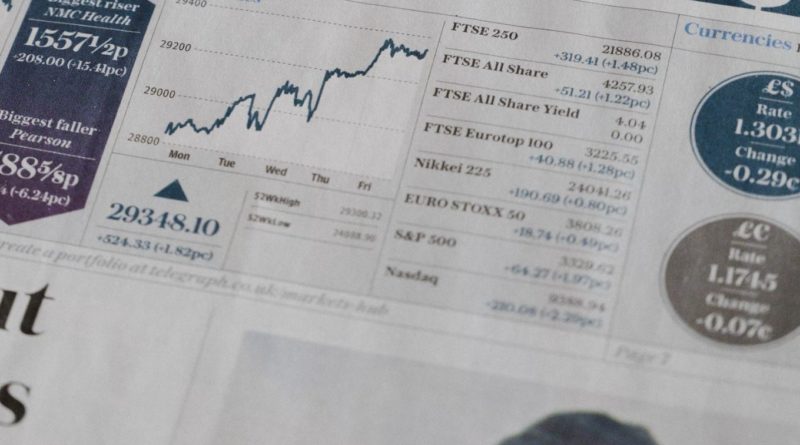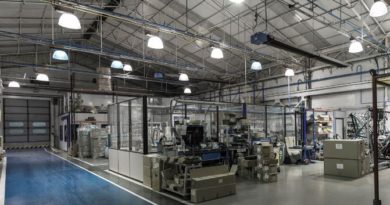Opinion: How bike shops can manage pressures of inflation
Due to my advancing years, I (Paul Kenchington of the Bicycle Chain) have a perspective on the inflation of the 1970s, deflation and stagnant pricing in more recent years. All present challenges to any small business and some of the previous lessons will not apply in our changing retail world. My aim is to inform my fellow IBDs so that we are all able to survive and prosper and deliver great service to our local cyclists.
I joined a Ford dealership in 1974 as a car salesman on the day of a price increase and the cars went up every three months for three years. Customers soon understood that if they did not buy now prices would rise, their wages were rising and there were more customers than cars due to strikes and very low productivity. Import numbers were restricted which gave a weight to UK manufacturers and Ford had around 25% of the market. In 1975 Ford launched the VFM (value for money) Popular at £1,299 representing 6 months’ average wage of £50 per week. Today the average wage is c£575 to £605 and a Ford Ka starts from around c£10k which is around four months average wage.
During my life as an IBD prices have held or deflated due to specification increases, the IBD had to lose margin on last years’ bike to clear as next years’ was better specced. To underline how stable prices have been, the Indesit washing machine retailed for £200 in 1980 and was still selling for £200 over 40 years later with much higher specification, today in Currys (another of my employers) its £230.
For fans of the BBC TV program The Fast Show their parody of a foreign TV station having a prize for the use of the word ‘inflation’ is worth a watch, but inflation is no laughing matter. Funding fresh stock after a price rise requires more cash that before, customer spending can lag before their wages rise, staff demanding wage increases and utilities upping their costs which may be hard to pass on. Consumers have to be much more careful with their disposable income as food, heating and other essentials rise. Interest rates are the main method central banks seem to use to curb inflation but that then hurts business as much as homeowners and interest free credit deals will cost retailers more.
There is a financial danger for us is if we do not increase to the new retail prices stock we bought at the old price. I can highlight this in a recent example of an eBike price rise of 13%:
Old price: £3,000 less vat £2,500, less 30% margin £750 cost price £1,750
New price: £3,390 less vat £2,825, less 30% margin £847.50 cost price £1,977.50
In this example the IBD will have to find an extra £227.50 to buy the same model again. Now sell the old priced stock at new price, ex vat £2,825 less old cost price £1,750 margin £1,075; this produces £325 more gross margin which covers the increase cost of new price replacement and leaves £97.50 to help cover other higher costs.
I totally accept I am wrestling with our price match policy and not wanting our local customers to go elsewhere to get the old price. In the 1970s there was no Google to check prices and customers feared being conned if they bought more than a few miles from home. Today with many brands we cannot even push that the warranty lies with the selling dealer so we as a collective have a duty to protect our businesses, our employee jobs and our customers by staying in business and moving prices within days of a price change. Customers will soon learn and inflation is a great sales closing tool, snooze you loose and this better model is the same price as the new price on the lower spec model.
Our suppliers have to get much better at inflation, many seem to have little understanding of the work involved at retail to reprice websites and even worse stock in our shops. A price rise on Friday is no help and nor is a busy Monday so let’s have them on Tuesdays with notification a week before so we can hype the change and contact customers who’s back ordered products will be at the new price.
There are some positives in inflation apart from selling at new price and clearing old stock without reductions. Higher interest rates benefit savers who tend to be older and eBike customers, a positive bank account may attract interest, a loan taken out before inflation will seem smaller and some competitors may go leaving more for the rest.
Related: Strikes to take place at UK’s largest port next week as wages come up short on inflation figures



